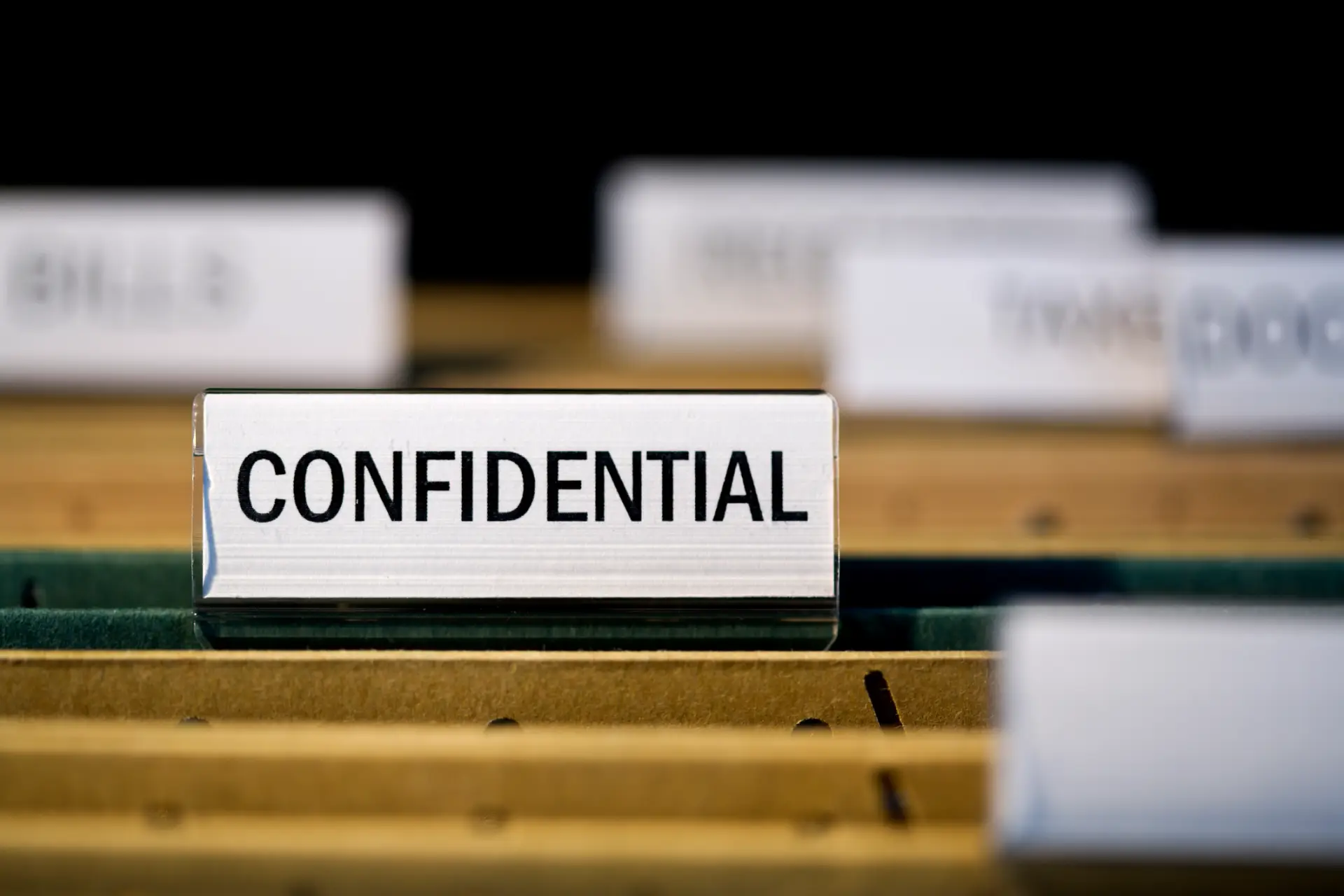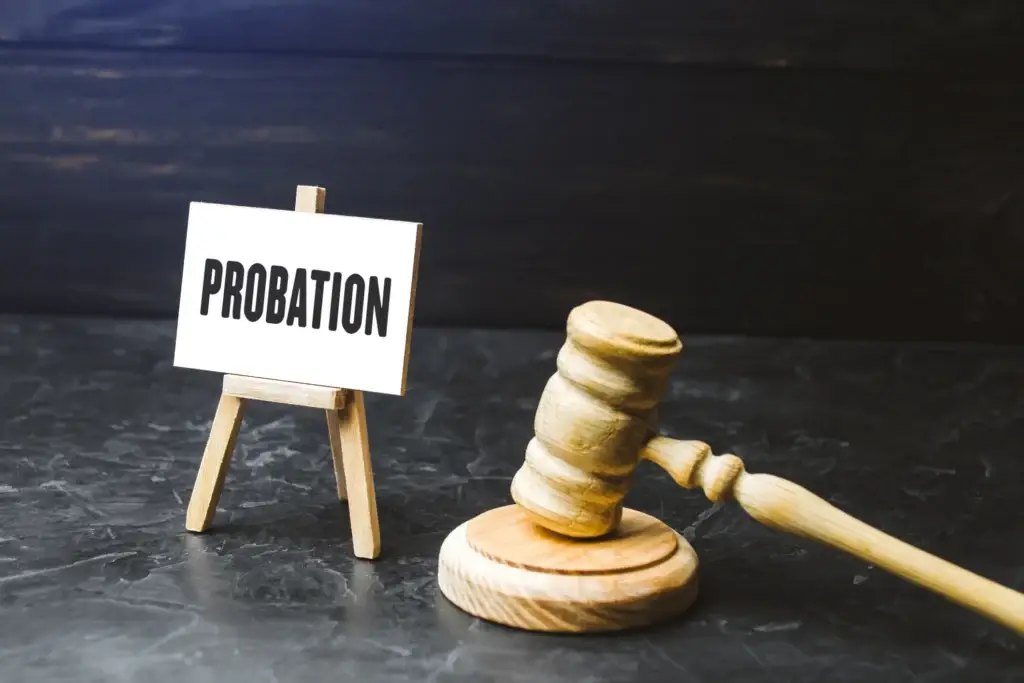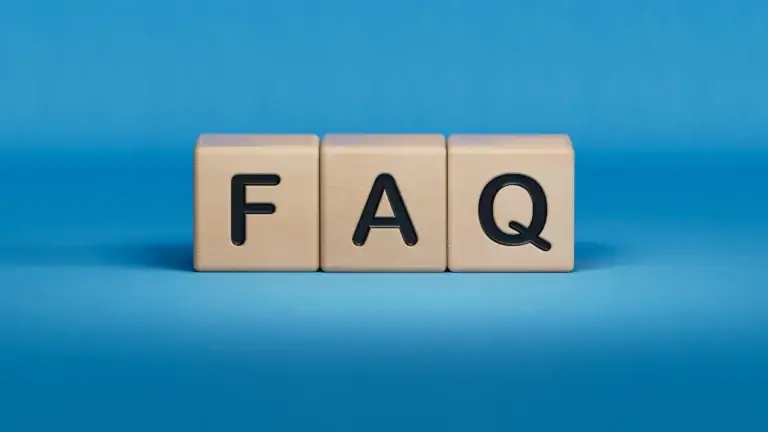April 21, 2025
Alcohol Awareness Classes: Are They Confidential?

If you’ve recently been ordered by a court, probation officer, employer, or the DMV to complete an alcohol awareness class, or even if you’re considering taking one voluntarily, you’re likely wondering about your privacy and how confidential the information you share or that is collected about your participation truly is. This is a completely natural and valid concern. Addressing alcohol-related matters can feel deeply personal, sensitive, and sometimes carry a social stigma. Understanding precisely what information about your class participation is shared, who might have access to it, how your privacy is legally and practically protected, and what steps you can take to maximize your confidentiality can significantly alleviate stress and uncertainty, helping you approach the class with greater peace of mind.
In this comprehensive guide, specifically focused on the topic of “alcohol class confidentiality,” we’ll dive deep into the nuances of privacy in alcohol awareness classes. We’ll outline precisely what information is typically shared with external parties, who might see your data, detail the robust measures reputable providers employ to safeguard your privacy, compare confidentiality considerations in online versus in-person settings, and provide actionable steps you can take to ensure your confidentiality remains intact throughout the process.
For a complete resource on online alcohol awareness classes, including course types, requirements, and benefits, visit our ultimate guide: The Ultimate Guide to Online Alcohol Awareness Classes.
Understanding Confidentiality in Alcohol Awareness Classes: What It Truly Means
Confidentiality in the context of alcohol awareness classes refers to the commitment by the course provider to safeguard your personal information and details about your participation, ensuring they are handled securely and shared only on a strict need-to-know basis, in compliance with applicable laws and their stated privacy policies.
What Confidentiality Aims to Achieve:
- Protecting Sensitive Personal Information: This is paramount. Confidentiality ensures that sensitive details about your alcohol-related offense (if applicable, such as a DUI/DWI – Alcohol Awareness Classes for DUI/DWI Offenders, or an underage drinking offense – Guide to Alcohol Awareness Classes for Underage Drinking Offenses, personal history related to alcohol use, or reflections shared during class exercises remain private and are not disclosed unnecessarily.
- Ensuring Secure Information Handling: Confidentiality means your personal data, including identifying information, completion status, and any assessment results Do Online Alcohol Awareness Classes Include Tests?, is stored securely and protected against unauthorized access or breaches.
- Fostering Trust and Openness: Knowing that your privacy is protected allows you to participate more freely and honestly in the educational process. Openness and self-reflection are crucial for gaining genuine insight and achieving the behavioral changes intended by the class. Without trust in confidentiality, participants may be hesitant to engage fully.
- Reducing Stigma: Confidentiality helps mitigate the potential social stigma associated with addressing alcohol-related issues or fulfilling a court mandate.
Online courses, such as those offered by Courseable, often provide enhanced privacy benefits due to the nature of the format.
Who Sees Your Information in Alcohol Awareness Classes? Clarifying Data Access
While the concept of confidentiality implies limited access, it’s important to understand exactly which parties typically have access to your information and why.
- Course Providers and Instructors: The provider of the alcohol awareness class, whether online or in-person (such as Courseable), and the instructors or content developers delivering the curriculum, will have access to basic identifying information necessary for course administration. This includes your full name, date of birth, contact information, enrollment details, your progress through the course modules, attendance records (for in-person or online time tracking), and assessment results. This information is essential for verifying your identity, tracking your completion, and issuing your official certificate of completion. However, reputable providers have strict internal policies and data access controls to limit which staff members see sensitive details and why.
- Courts or Probation Officers: If your alcohol awareness class is a court-ordered requirement Reasons Courts Order Alcohol Awareness Classes, the court or your probation officer will receive confirmation of your successful completion. This is typically in the form of your official certificate of completion. The information shared with them is usually limited to your name, the course provider’s name, the date of completion, and the course duration. Detailed personal information discussed during class sessions, answers to reflective questions within the course (unless explicitly required by the court to be shared), or specific assessment scores are generally not shared with the court or probation officer, only the necessary proof that you fulfilled the completion requirement by the deadline.
- Department of Motor Vehicles (DMV): If the alcohol awareness class is required for driver’s license reinstatement after an offense like a DUI/DWI Can Alcohol Awareness Classes Help Restore Your Driver’s License?, Alcohol Awareness Courses and Your Driving Record: What You Should Know, you will need to provide your certificate of completion to the DMV. Similar to courts, the DMV primarily requires proof of successful completion, including basic identifying information and course details, to update your record and facilitate license restoration. They do not typically receive detailed information about your personal disclosures during the class.
- Employers or Regulatory Authorities: For workplace-mandated alcohol awareness training Workplace Alcohol Awareness Classes or training required by specific industry regulations (like DOT), your employer or the relevant regulatory authority typically receives confirmation that you have successfully completed the required training. The information shared is usually limited to verification of completion to ensure compliance with company policy or industry standards. Personal details shared within class discussions or assessments are generally not provided to the employer or regulatory body.
- Voluntary Participants: If you choose to take an alcohol awareness class voluntarily without a legal mandate Benefits of Taking an Alcohol Awareness Class Voluntarily, your information and completion status are strictly confidential with the course provider. Information about your participation is not shared with any external parties (courts, employers, DMV) unless you personally choose to provide your certificate to them (e.g., for a potential insurance discount). This offers the highest level of external confidentiality.
How Your Privacy Is Protected in Alcohol Awareness Classes: Robust Safeguards
Reputable alcohol awareness course providers understand the sensitive nature of the information they handle and employ multiple layers of protection to safeguard your confidentiality and privacy, both legally and practically.
- Secure Information Storage and Handling: Providers adhere to strict data protection protocols. Your personal information and course records are stored securely in encrypted databases and on secure servers. Access to this data is limited to authorized personnel only through strict access controls and internal policies. Firewalls and other cybersecurity measures are used to protect against unauthorized digital access.
- Strict and Limited Information Sharing Policies: Legitimate providers follow clear, explicit guidelines outlining exactly what information is collected, how it is stored, and specifically who it is shared with. For mandated classes, they limit sharing to only what is legally required by the court, probation officer, or DMV – typically just confirmation of completion. They do not share detailed content from class discussions, personal reflections submitted within the course, or specific assessment answers with external authorities unless there is a specific legal mandate compelling them to do so (which is rare for standard alcohol awareness classes).
- Compliance with Privacy Laws: Alcohol awareness courses must comply with various federal and state privacy laws. While HIPAA (Health Insurance Portability and Accountability Act) primarily applies to healthcare providers, many alcohol awareness providers follow HIPAA principles for data security and privacy due to the sensitive nature of the information. State-specific privacy statutes also provide legal protection for your personal data. Providers are legally obligated to handle your information responsibly and confidentially.
- Staff Training: Employees of reputable course providers receive training on confidentiality protocols and the importance of protecting participant privacy.
- Secure Online Platforms: For online courses, the learning platforms themselves are designed with security in mind, using encryption to protect your data as you interact with the course and measures to prevent unauthorized access to your account or records.
- Confidentiality Agreements: In some settings (more common in in-person groups or treatment programs), participants may be asked to sign confidentiality agreements regarding what is shared by others in the group.
Confidentiality in Online vs. In-Person Alcohol Awareness Classes: A Comparison
While confidentiality is a priority for both formats, there are some differences in how privacy considerations manifest in online versus traditional in-person settings Online vs. In-Person Alcohol Awareness Classes.
- Confidentiality in Online Alcohol Awareness Classes: Online courses, such as those offered by Courseable, often provide enhanced privacy benefits due to the nature of the format.
- Anonymity and Discretion: You can complete the coursework from the privacy of your own home, avoiding the potential embarrassment or discomfort of being seen attending a class in a physical location. You can engage with the material and complete assignments without direct observation from other participants.
- Secure Digital Platforms: Online courses rely on secure, encrypted platforms designed for robust data protection. Your interactions and submitted information are typically protected digitally.
- Limited Direct Interaction: While some online courses may have optional discussion forums or limited live interaction, the format generally involves less spontaneous verbal sharing of personal details with other participants compared to a traditional in-person group discussion.
- Confidentiality in In-Person Alcohol Awareness Classes: Traditional in-person courses also emphasize confidentiality, with instructors maintaining professional ethical standards regarding your information. However, the group setting inherently involves more direct interaction.
- Group Discussion Risk: While participants are often asked to respect confidentiality, verbal sharing in group discussions means other participants hear what you disclose. There’s an inherent, albeit usually low, risk of unintended sharing outside the classroom by other attendees.
- Visibility: Attending a class in a physical location means you could potentially be seen by someone you know, impacting your privacy.
Ultimately, both formats commit to protecting your privacy, but online often offers a greater degree of personal anonymity and digital data security from external parties and other participants.
How to Ensure Maximum Confidentiality During Your Alcohol Awareness Class
While reputable providers have safeguards in place, you can also take proactive steps to ensure your privacy and confidentiality throughout your alcohol awareness class:
- Choose an Accredited, Reputable Provider: Selecting a trustworthy provider like Courseable is the foundation for ensuring your confidentiality is prioritized and handled professionally. Look for providers with clear state approval or accreditation How to Verify if an Online Alcohol Awareness Class is Legitimate, Finding a State-Approved Alcohol Awareness Course Online. Legitimate providers are accountable and have established policies.
- Carefully Review the Provider’s Privacy Policy: Before enrolling, always review the provider’s published privacy policy on their website. This document outlines exactly what information they collect, how it is stored, who it might be shared with (distinguishing between internal staff and external parties like courts), how long records are kept, and your rights regarding your data.
- Clarify Any Concerns Before Enrolling: If you have any specific questions or concerns about how your information will be handled, contact the provider’s customer support directly before you enroll. Ask specific questions about their confidentiality protocols, data security measures, and exactly what information is shared with external authorities for mandated classes.
- Be Mindful of What Personal Details You Share (Especially in Public/Group Settings): While you should be open enough to engage with the material for learning, you have control over how much deeply personal or identifying information you disclose, particularly in online text fields (if applicable) or verbal group discussions (in-person). Share what’s needed for self-reflection and learning, but you are not usually required to reveal highly specific personal identifiers or overly sensitive details unless you feel comfortable doing so.
- Secure Your Own Devices and Learning Environment (for Online Classes): If taking an online course, ensure you are using a secure, private internet connection. Log out of the course platform after each session. If using a shared computer, clear your browser history and cookies. Choose a private physical location where others cannot see your screen or hear the course audio.
- Understand Who Requires the Certificate: Know precisely which authority (court, probation, DMV, employer) requires your certificate and how they expect to receive it. This clarifies who will see proof of your completion.
Typically, no. For mandated classes, employers or courts usually only receive basic completion information from the provider, confirming that you successfully finished the course and met the requirements by the deadline. They do not typically receive detailed content from class discussions, personal reflections you may have written within the course platform, or specific answers to assessment questions Do Online Alcohol Awareness Classes Include Tests?. The purpose of the certificate is proof of completion, not a transcript of your learning journey.
No. Your alcohol awareness class records, including your enrollment information, progress, and completion status, are confidential educational records. They are protected by federal and state privacy laws and are not considered public information. Access is limited to authorized personnel within the course provider’s organization and the specific external authorities (court, probation, DMV, employer) who legally require verification of your completion for compliance purposes.
If you are concerned about a provider’s privacy policies or suspect a breach, first review their published privacy policy. If concerns remain, contact their customer support directly to discuss your questions and seek reassurance about their security measures and protocols. Legitimate providers have robust protections in place and should be transparent about them. If you believe a legal privacy violation has occurred, you may need to consult with legal counsel.
Yes. For both online and in-person mandated classes, your attendance or engagement is tracked to ensure you complete the required duration and curriculum. This tracking is necessary for the provider to issue a valid certificate of completion, which is what the court or employer requires as proof. For online classes, this often involves tracking time spent on each module.
Yes. Your answers to quizzes and the final exam are part of your confidential educational record maintained by the course provider. They are used to assess your understanding and determine successful completion. These specific answers are not typically shared with external authorities like courts or employers.
HIPAA primarily applies to “covered entities” such as healthcare providers, health plans, and healthcare clearinghouses. While a standard alcohol awareness class provider might not be a direct covered entity under HIPAA unless they are also providing clinical treatment, many providers of sensitive educational programs adhere to HIPAA principles for data security and privacy best practices due to the confidential nature of the information they handle. State privacy laws also provide protection for educational and personal records.
Course providers typically keep records of your completion for a period required by state regulations (if applicable) or their internal record-keeping policies. This is often done so they can verify your completion if requested by the mandating authority or issue a duplicate certificate if you lose your original. Check the provider’s privacy policy for specifics on their data retention period.
No. The specific content of personal reflections, journal entries (if part of the course), or discussions within the class setting is confidential between you and the course provider (and potentially other participants in an in-person group). Only the fact that you completed the course and met the requirements is shared with external authorities. The purpose is educational and reflective, not for reporting sensitive details.
For voluntary participants, absolutely no information about your enrollment or completion is shared with external parties (courts, employers, DMV, etc.) unless you specifically choose to provide your certificate to them (e.g., to qualify for an insurance discount – Alcohol Awareness Classes and Insurance Discounts or as proof of proactive education). Voluntary participation offers the highest level of external confidentiality. Benefits of Taking an Alcohol Awareness Class Voluntarily discusses the advantages of this.
Benefits of Confidential Alcohol Awareness Classes
The commitment to confidentiality in alcohol awareness classes provides substantial benefits for the participant and the effectiveness of the program:
- Peace of Mind and Confidence: Knowing your sensitive information is protected reduces anxiety and allows you to focus on the learning experience.
- Encourages Open Participation and Learning: A confidential environment encourages participants to engage more freely and honestly with the material and their own reflections, leading to deeper understanding and greater likelihood of positive behavioral change.
- Protects Personal Privacy and Reputation: Confidentiality safeguards your personal life and professional reputation by preventing unintended disclosures or unwanted sharing of sensitive details.
- Builds Trust in the Process: Trusting that your privacy is respected builds confidence in the provider and the value of the educational program itself.
Conclusion: Confidentiality Matters in Your Alcohol Awareness Class – Choose a Trusted Provider
Trusting that your privacy is respected builds confidence in the provider and the value of the educational program itself.
Your privacy and confidentiality are essential considerations when fulfilling your alcohol awareness class requirements. Legitimate and accredited providers understand the sensitive nature of alcohol-related education and prioritize robust confidentiality measures to protect your personal information while helping you successfully meet your legal obligations. Choosing a provider that is transparent about its privacy policies and committed to safeguarding your data is key to a comfortable and effective learning experience.
Courseable’s accredited online alcohol awareness classes offer convenient, confidential, and fully compliant solutions for court-ordered and workplace requirements, as well as voluntary participation. We are committed to comprehensive privacy protection, securely handling your data and sharing only what is legally required for mandated courses, clearly communicated and upheld. Our platform is designed to provide a private and comfortable learning environment, and we provide immediate certification, secure digital platforms, and transparent privacy policies.
Ready to confidently complete your alcohol awareness class, knowing your confidentiality is fully protected by a trusted provider?
Enroll Today in Courseable’s Court-Approved Online Alcohol Awareness Classes Courseable’s Court-Approved Online Alcohol Awareness Classes and fulfill your requirements with peace of mind regarding your privacy.

Your Guide to Success: Practical Tips for Successfully Completing Your Alcohol Awareness Class
Read More »Disclaimer: Always Confirm Confidentiality Policies Directly
This article provides general information and guidance regarding confidentiality in alcohol awareness classes. It is intended for educational purposes only and does not constitute legal advice, medical advice, or professional counseling. Specific confidentiality policies, data handling practices, and legal requirements regarding information sharing vary by state, jurisdiction, specific course provider, and the nature of the mandate (court, employer, etc.). While reputable providers prioritize privacy, you must always consult directly with the specific course provider’s privacy policy and, if applicable, confirm the reporting requirements with your probation officer, the court clerk, the DMV, or your employer to get detailed information tailored to your circumstances.
Related Posts

Alcohol Awareness Classes and Probation: Understanding Your Requirements and Ensuring Compliance

How to Confidently Talk to Your Employer About a Court-Ordered Alcohol Awareness Class
Start Your Court Ordered Alcohol Class


